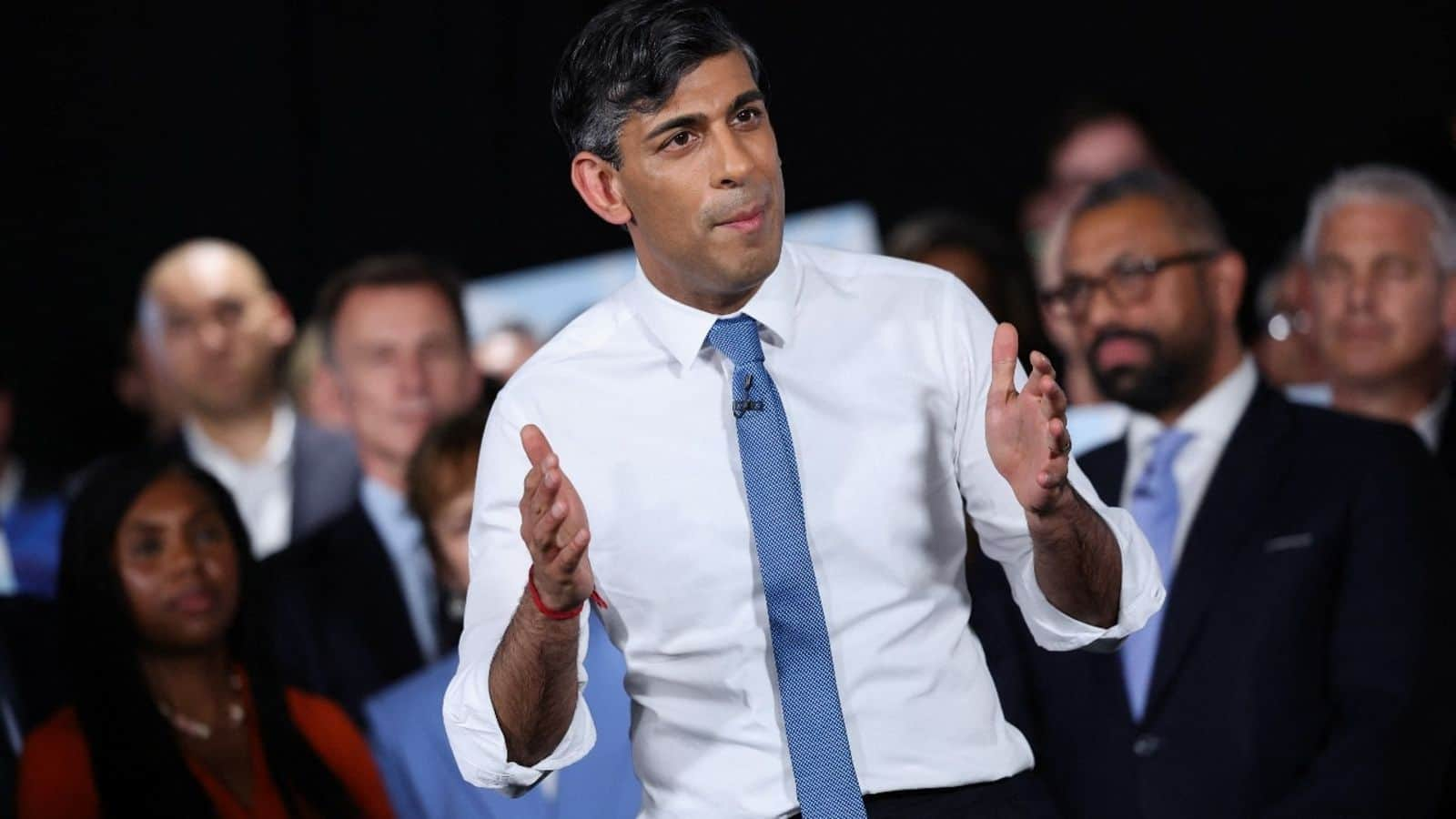
Sunak pledges to bring back mandatory National Service for 18-year-olds
What's the story
United Kingdom (UK) Prime Minister Rishi Sunak has announced that the Conservative government would bring back mandatory national service for 18-year-olds if they are voted to power in the upcoming general elections. Under this proposal, every 18-year-old would have to choose between serving in the armed forces or cyber defense full-time for a year, or volunteering in their community, equivalent to one weekend per month for a year.
Rollout strategy
Implementation plans for mandatory national service
To manage applications for the pilot program, the Conservative Party plans to establish a Royal Commission in September 2025. The mandatory service would then be implemented through a new National Service Act by the end of the next parliament. Sunak's proposal aligns the UK with countries like Israel, South Korea, and Singapore that have similar compulsory national service programs. The last time such a requirement was in place in the UK was during the post-World War II era.
Financial plan
Funding and opposition to the national service proposal
The national service plan is projected to cost £2.5 billion annually by 2030. The Tories intend to fund £1 billion of this through tax crackdowns and allocate £1.5 billion from existing funds previously used for the UK Shared Prosperity Fund. However, Labour Party leaders have criticized Sunak's proposal as another unfunded commitment from the Conservatives, indicating potential challenges in passing it in future parliaments.
Political landscape
Public opinion and Labour Party's counter proposal
In contrast to the Conservative Party's proposal, Labour Party leader Keir Starmer voiced his party's support for lowering the voting age to 16 and 17 at a campaign event. This comes as a YouGov poll published on Saturday showed that Sunak's favorability rating has risen by 5% points since earlier in May, with 25% of Britons viewing him positively. Meanwhile, Starmer is viewed favorably by 34% of Britons, indicating a competitive political landscape ahead of the July election.